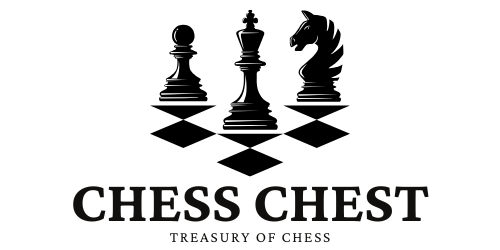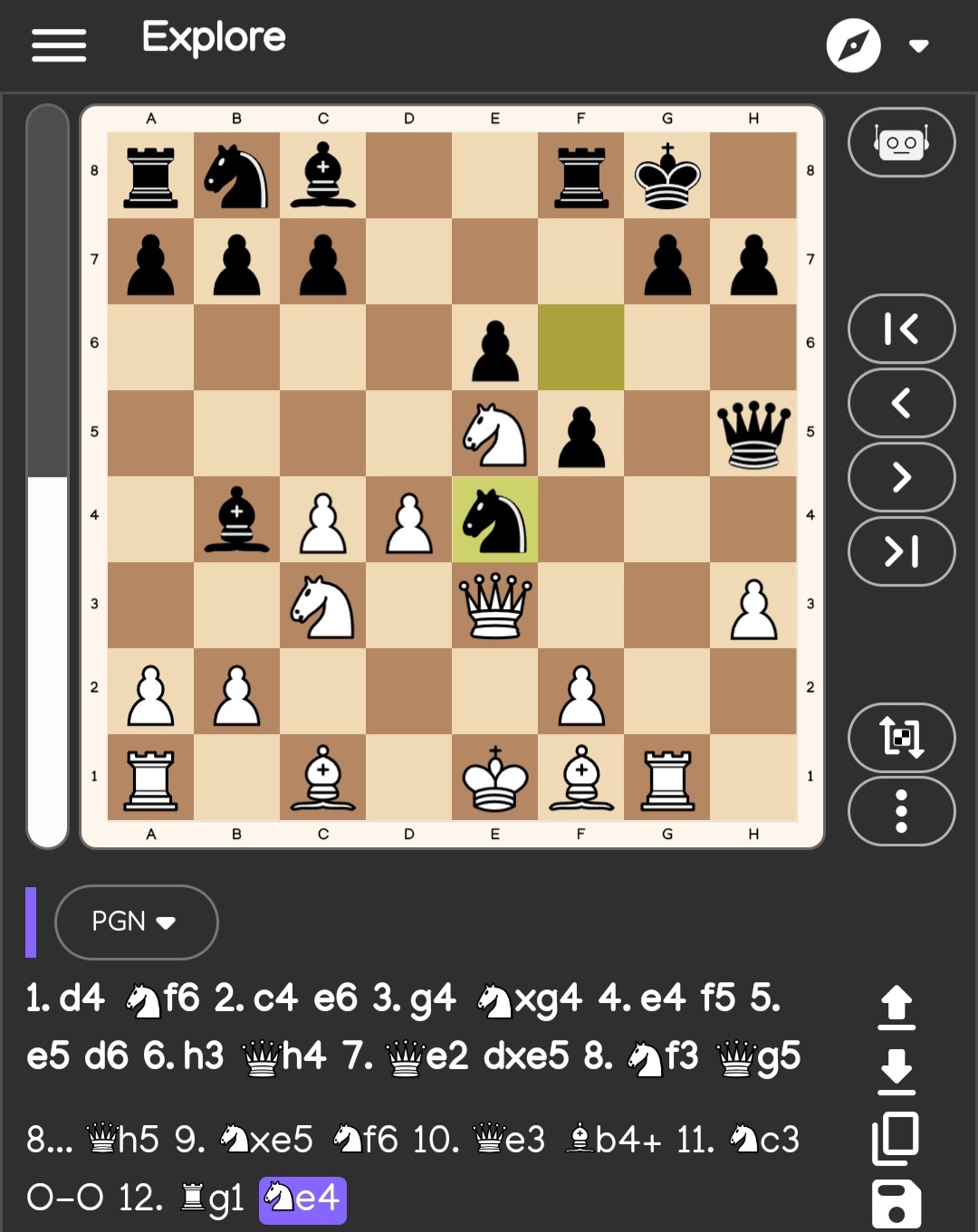Chess has long been recognized as a powerful tool for cognitive development, especially in children. Schools, researchers, and organizations worldwide have observed positive impacts on kids’ problem-solving, memory, and focus through structured chess programs. In this article, we’ll look at several case studies that illustrate the cognitive benefits of chess for children, highlighting how this ancient game enhances young minds.
1. Improved Academic Performance in New York Schools
In New York City, a pilot program was introduced to assess the impact of chess on academic performance in public schools. By integrating chess into the curriculum, educators hoped to improve students’ focus, memory, and critical thinking.
- Case Study Overview: The program involved over 3,000 students from diverse backgrounds, with chess lessons incorporated into their weekly schedules. Teachers observed students’ behavior and academic performance over a school year.
- Outcomes: After a year, the results showed a notable improvement in math and reading scores. Teachers also reported that students who participated in the program were more attentive in class, exhibited stronger memory recall, and showed improvement in logical thinking.
- Takeaway: This study suggests that consistent chess practice not only improves academic skills but also enhances cognitive functions that support learning across subjects.
2. Enhanced Problem-Solving Skills in Armenian Schools
Armenia is one of the few countries to integrate chess as a mandatory subject in primary schools. Armenian educators implemented this program with the goal of fostering problem-solving abilities and developing students’ mental discipline.
- Case Study Overview: Armenian schools introduced chess lessons for all students starting from second grade, with a structured curriculum that includes tactics, strategies, and endgame techniques.
- Outcomes: After several years, researchers found that students exposed to chess displayed stronger problem-solving abilities and mental discipline than those who did not participate. Teachers noted that children became more adept at breaking down complex problems, analyzing options, and reaching logical conclusions—skills essential for both academics and life.
- Takeaway: The Armenian case highlights how chess, when incorporated consistently, can significantly improve children’s ability to approach and solve complex problems in a methodical manner.
3. Memory Improvement in Spanish Schools
In Spain, researchers conducted a study on the effects of chess on memory, focusing on elementary school students. This study aimed to explore how learning chess influenced students’ ability to retain and recall information.
- Case Study Overview: The study included a group of elementary students who participated in weekly chess lessons for six months, while a control group engaged in other extracurricular activities.
- Outcomes: By the end of the study, students in the chess group showed a significant improvement in both short-term and long-term memory tests. Their ability to remember patterns, piece positions, and tactical sequences in chess translated to improved memory skills in other academic areas.
- Takeaway: This case demonstrates how chess strengthens memory retention, making it an excellent tool for enhancing students’ ability to remember information across various subjects.
4. Increased Focus and Attention in Toronto’s Inner-City Schools
A program in Toronto focused on inner-city schools, where students often face challenges such as lack of resources and a high-stress environment. Chess was introduced as a way to help students improve focus, attention span, and stress management.
- Case Study Overview: Students were given weekly chess lessons and encouraged to practice during recess and lunch breaks. Teachers and counselors monitored students’ behavior, noting any changes in focus, attention, and attitude.
- Outcomes: Within a few months, teachers observed that students who participated in chess were more focused during class and exhibited longer attention spans. Counselors noted that students seemed more confident and calm, attributing this to the concentration and patience required in chess.
- Takeaway: This case shows that chess can be an effective tool for helping students improve focus and manage stress, especially in high-challenge environments. These benefits extended beyond the chessboard, positively influencing classroom behavior and emotional resilience.
5. Development of Strategic Thinking in Dutch Schools
In the Netherlands, a series of chess workshops were introduced to middle school students to foster strategic thinking and decision-making. The program aimed to assess how chess affects students’ ability to plan and think ahead.
- Case Study Overview: Dutch educators partnered with local chess clubs to offer a series of workshops where students learned basic tactics, mid-game strategies, and how to anticipate opponents’ moves. Researchers then measured the students’ strategic thinking and decision-making abilities.
- Outcomes: Students who participated in the workshops demonstrated a higher capacity for strategic thinking in academic projects and personal decision-making. Teachers reported that these students were more capable of setting goals, planning steps, and anticipating potential obstacles in their work.
- Takeaway: The Dutch case study highlights chess’s ability to foster long-term planning and strategic thinking, giving students tools to approach both academic and personal challenges with a structured, goal-oriented mindset.
6. Social and Emotional Benefits Observed in a Texas Charter School
A charter school in Texas incorporated chess into its curriculum with a focus on social-emotional development. Teachers and counselors wanted to see if chess could help students develop patience, empathy, and resilience.
- Case Study Overview: Students attended weekly chess sessions where they learned not only the rules and strategies but also the importance of respecting opponents, managing emotions, and learning from losses.
- Outcomes: After a semester, teachers and counselors observed that students were better at handling frustration, showing patience in difficult situations, and treating peers with respect. Many students reported that they felt more confident and enjoyed the challenge of learning from mistakes.
- Takeaway: This case study underscores chess’s role in promoting social-emotional growth, as students learn important life skills such as patience, resilience, and empathy through the challenges of chess.
Summary
The case studies above illustrate how chess is a valuable tool for cognitive and emotional development in children. From improving academic performance and memory to fostering problem-solving skills, focus, and strategic thinking, chess provides a well-rounded approach to enhancing young minds. Whether it’s in classrooms or extracurricular programs, introducing chess to children can have lasting benefits that extend far beyond the game. As these real-life examples demonstrate, chess is a practical and effective tool for helping kids develop critical skills that support academic success and personal growth.






